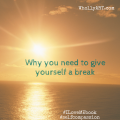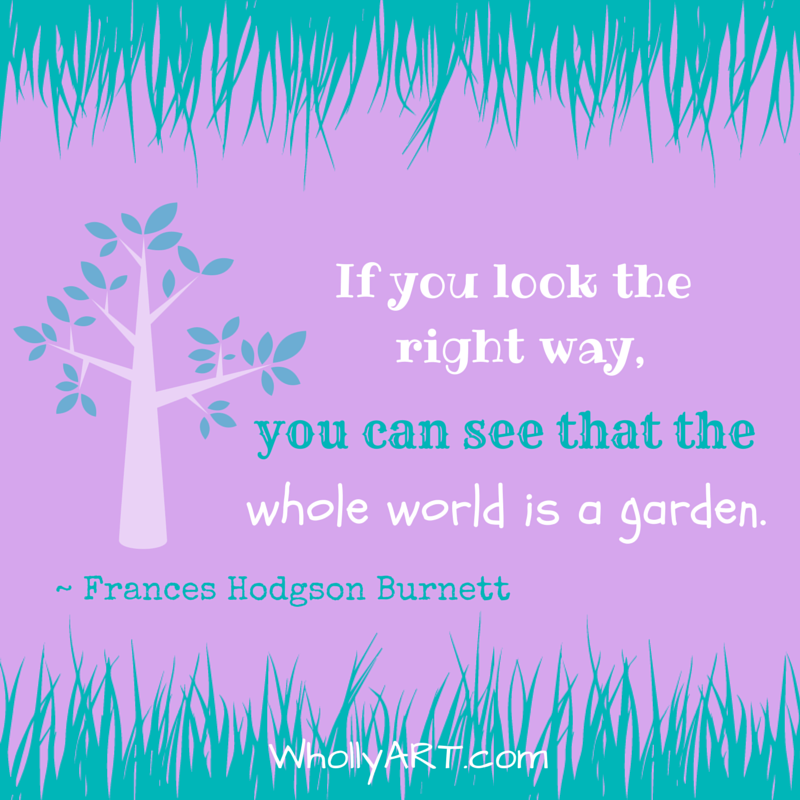7 Ways Playing A Musical Instrument Makes You Smarter
French horn, piano, oboe, ocarina, cello, violin, drums, bass, tuba, flute, harp…. So, what do all these musical instruments have to do with doing better in school, study, and communication skills? It just might surprise you how playing an instrument has many benefits, and it can help you succeed and excel in your daily life.
Some of us who play instruments are what others like to call “gifted prodigies.” And some people think prodigies are the only ones who succeed in music and love playing instruments. But, NO! You do not have to be a prodigy to enjoy playing your musical instrument of choice or reap the benefits that music education has to offer.
I love my piano and my acoustic guitar, and I happen to also play them both by ear, which I enjoy immensely. I’ve been playing piano for about 4 years now, and the guitar for 6. I wouldn’t call myself a prodigy, (though, to my mom, who is not musical at all, I definitely am), but I’ve definitely seen the wonderful benefits since picking up those first music books.
I have always loved musical instruments, since I was very little and first, I started out with guitar lessons and I love playing the acoustic (or classical) guitar a lot. And, several years ago, I became interested in learning how to play the piano. My mom was really supportive and signed me and Elyssa up for lessons right away. And, for that, I’m very grateful because I love playing the piano now and have become quite good.
I think one of the greatest things about playing an instrument is that it just becomes a part of you, and you can relate playing music to life in many ways. Becoming great at anything, including playing an instrument, takes many years of practice, determination, and perseverance. You learn through failures that you can always become better, and you learn from the successes that you can always follow your passion.

Aside from the many life lessons you can learn from musical training, there are many mental benefits, like I briefly mentioned earlier. So, without further ado, here are the 7 ways playing a musical instrument makes you smarter :
- Being a musician helps you plan, strategize, and pay attention to detail. It helps you create, store, and retrieve memories quickly (that means less mismatched socks!) In performances, sometimes you’re required to memorizes pieces. Also, have you ever tried putting your history or math facts in a song? It helps you remember even the most complex ideas.
- Music can keep you more engaged in school, and help you do better on those tests. Students who have experience with music performance/appreciation score higher on that long-dreaded SAT. One study indicates 63 points higher on verbal and 44 points higher on math for students in music appreciation courses. You can develop your math and pattern-recognition skills. It also helps you solve problems more effectively and creatively, and notice that there can be various solutions to one challenge.
- Practicing music can teach you discipline, focus, and time management. You realize the importance of keeping your mind on the music. It takes plenty of time, patience and drill to do this. Practice is a big part of learning music and takes time. Your practice time must be efficient and organized neatly into your busy day. You also need to take care to work on each little section of music individually, to make the whole piece beautiful.
- Playing an instrument increases hand-eye coordination. Just like when playing sports, you can develop motor skills when playing music. You become more aware of your body. Did you know the human body is actually considered an instrument? It works closely with the actual musical instrument to create sounds. You need to place your fingers exactly, coordinate your movements, and control mostly the upper level of your body. It takes drill of the different parts of the body and learning how to make the body parts to work in harmony in order to become a professional.
- Playing music can be relaxing and help you fight stress. Music is nonverbal communication. And when you communicate, it makes everything better. Also, focusing your attention on what you are practicing/performing does not allow room for stressful thoughts. When playing a musical instrument, your body releases endorphins, or the happiness chemical, which reduces stress and promotes joy. It can also teach you the valuable skill of how to take risks and deal with fear, and develop composure in front of people when performing.
- Musical talent gives you a great sense of responsibility. One of the responsibilities of being a musician is taking care of your instrument, like periodically cleaning and tuning your instrument to make sure it is in great condition. This also includes having the responsibility of ensuring you communicate a message of beauty and integrity. Music communicates faster and more effectively than any words can say. This also applies to other fields, such as writing, or theater.
- Investing in music education prepares you as a student for work in the future. More artistic careers have been introduced and created, and these jobs could grow faster in the future. Learning music gives you a skill that you can take with you anywhere. Music is always needed and wanted by people of all cultures. From the various playing opportunities to teaching, to even playing on the street, you are never without a way to make income and do something you love.

Learning to play music on a new instrument can be a challenging feat, but even mastering the smallest goal in music can make you feel proud. You become better in many aspects of life, it helps you shape your abilities and character, and learn about your passions and who you are.
But if you don’t love taking music lessons and it doesn’t interest you, and you’d rather be drawing or playing softball, that’s okay! Forcing yourself to do something you don’t love doesn’t help you, it only hurts you. So remember that whatever you do, do what you love best and do what is best for you. Respect your decisions and desires. And if you are curious about picking up a musical instrument, talk to your parents about it and explore the idea. You might develop a lifelong love for music. Just do your absolute best and follow your dreams.
[elisha]




